‘Share advertising pie equitably’ - ex-Media Ombudsman
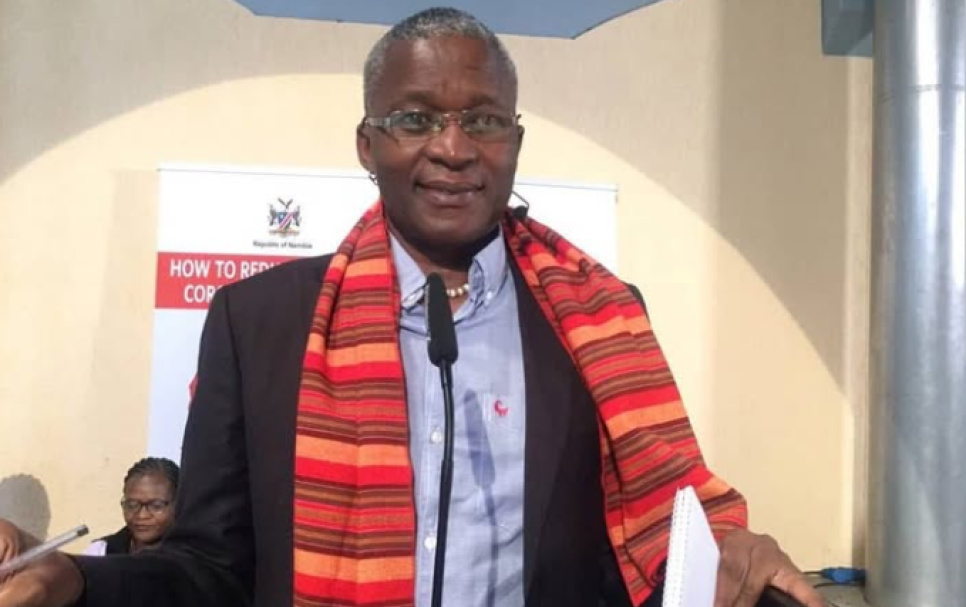
• By Jeremiah Ndjoze
Outgoing Media Ombudsman, John Nakuta says the unequitable sharing and allocation of government advertisings jobs in the media space is an unfavourable factor in the country’s quest for the attainment of ultimate media freedom.
Nakuka said this apparent lack of media financial sustainability is one of the many detrimental factors to the advancement of free press in Namibia.
His words come hot on the heels of a similar call by Prime Minister Dr. Elijah Ngurare who said government must support fully Namibian owned companies to avoid exporting much-needed jobs.
Speaking to Confidente this week, Nakuta indicated that: “Smaller houses are struggling to survive despite their immense contribution to the discourse.”
“This is where we call on government to ensure that the cake, in terms of advertising, is spread much more equitably to include privately owned media. This is imperative if we are to have a pluralistic media space in Namibia.”
Nakuta, a human rights practitioner and academic, served as Namibia’s Media Ombudsman for a period of seven years and eight months, until on Monday, this week, when term came to an end.
ENABLING LAWS
He further described the pace at which Namibia is moving towards implementation crucial information and protection laws, as detrimental to the advancement of free press in the country. These include the long-overdue Access to information Act and the Whistle Blower’s Protection law, which he asserts was an impairment of the work of his former office in general.
Nakuta decried the fact that while the Access to Information law was passed in 2022, followed by the promulgation of the commissioner and deputy commissioner positions, the law is yet to be fully operationalised. This he say hampers the free flow of information within the Namibian society. Similarly, according to Nakuta, Namibia has a Whistle-blower Protection Act (Act No. 10 of 2017) that aims to protect individuals who report improper conduct. This piece of legislature is set to establish procedures for making disclosures, investigating those disclosures and protecting whistle-blowers from detrimental actions, while further outlining remedies for individuals who experience retaliation for reporting wrongdoing.
“However, this law is seemingly still in a bill format and is yet to be fully operationalised. This is detrimental to the work of media houses and anti-graft campaigners who rely on whistle-blowers for information,” Nakuta stressed. He was quick to indicate that the legislative framework is not the only deterrent to media freedom as some journalist, particularly at state-funded media houses, are subjected to self-censorship, ‘in that they are not allowed to publish overly critical news pieces.’ Be that as it may, Nakuta added that Namibia’s current state of media freedom is not perfect but, it the country enjoys high levels of free press. He congratulated the government for respecting the role of the media in terms of educating and informing the nation.
“In a most recent publication, Reporters without Borders ranked Namibia at second spot after South Africa, in terms of press freedom. Globally, Namibia has moved up from position 35 to 25, in terms of free press,” Nakuta revealed.
ON THE JOB
Nakuta revealed that during his tenure as Media Ombudsman, the office handled on average three cases per month, which translates into 282 complaints for the entire period. According to him, the complaints were across the spectrum from the general public to the presidency.
“The nature of the complaints ranged from truthfulness, accuracy, bias, fairness, right to reply and sensational reporting.”
He noted that 99 percent of the rulings were effected by his office with only three rulings being made by the Media Complaints Committee, and another three that resulted into appeals by the accused parties. He further enthused that there was a 99.9 percent compliance rate from media houses during his tenure.
Narrating some of the ‘hard cases’ that he had to deal with Nakuta pointed to a complaint by a certain Mr. John Swiggelaar, in December 2017 against the The Informante, in which the complaint alleged that he was defamed in a 29 September 2012 article. The article suggested that he was wanted by Interpol with a red notice issued.
According to Nakuta, the case was hard because it was outside the time limit hurdle of 30 days after publication and the publication is a non-member of the Editors Forum of Namibia. He intervened, nevertheless, and the impugned article was removed. Another case involved complainant Inge Zaamwani-Kamwi against The Patriot newspaper in which she alleged “fallacious, malicious and disparaging reporting” by the publication. “[It was] instituted on 20 March 2018 with me fresh in office. A test to my personal independence.
We exchanged emails about the constitutionality of Clause 2.5.2 of the Code directing Media Ombudsman not to accept a complaint, ‘unless the complainant in writing waives any right to claim civil relief of whatsoever nature directly or indirectly related to or arising out of the complaint’. The complainant refused to provide written waiver,” Nakuta said.
The Nakuta further described his stay in office as purpose driven and guided by his late mother’s advice that he should: "Give your best in whatever you do; do it as if you are doing for the Lord."
He also said the office is not funded or properly staffed and it remains the prerogative of the incumbent to operationalise it on a meagre monthly stipend.
“I urge the government or other powers that be to look into the financing of this important office for the welfare of our republic’s democracy and press freedom.”
- 362 views


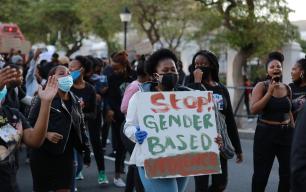
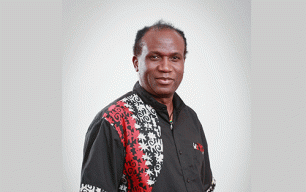
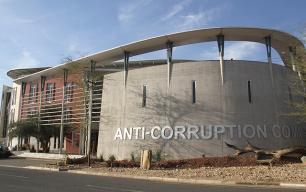
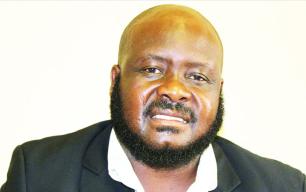


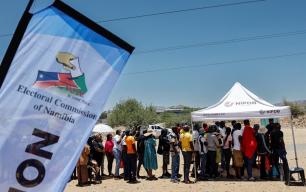
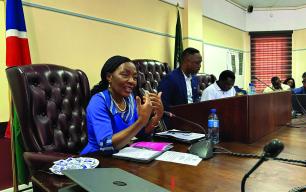
Comments